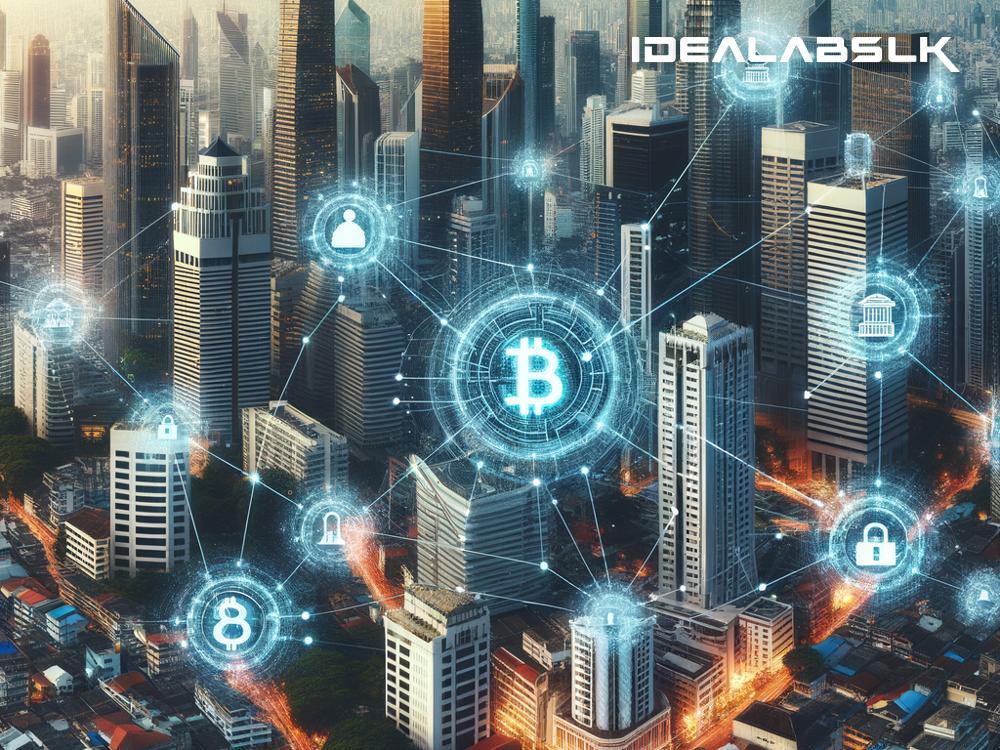Blockchain for Real Estate Investment: Enabling Fractional Property Ownership
Real estate has always been a popular choice for investors seeking stable and lucrative opportunities. However, investing in real estate usually requires a significant amount of money upfront, putting it out of reach for many. But what if there was a way to make real estate investment more accessible? Thanks to the innovative technology of blockchain, fractional property ownership is now an exciting reality, making it easier for more people to get involved in real estate investment.
Understanding Blockchain
To grasp how blockchain is transforming real estate investment, we first need to understand what blockchain is. Imagine a digital ledger that securely records information; this ledger is distributed across a network of computers, making fraudulent activities nearly impossible. Initially famed for underpinning cryptocurrencies like Bitcoin, blockchain's potential stretches far beyond, including revolutionizing how we invest in real estate.
What is Fractional Property Ownership?
Fractional property ownership means exactly what it sounds like – owning a piece or fraction of a property instead of the whole thing. This concept isn't entirely new (think timeshares), but blockchain technology is giving it a fresh, more efficient, and secure twist. By enabling fractional ownership, blockchain allows investors to own a share of a property and reap proportional benefits, such as rental income or appreciation value, without needing to manage the property directly.
The Role of Blockchain in Real Estate Investment
So, how does blockchain facilitate this shift towards fractional ownership in real estate? Here are a few key ways:
-
Tokenization of Assets: Through blockchain, properties can be ‘tokenized,’ meaning they're divided into tokens, or digital shares, that represent ownership. These tokens can then be bought and sold on blockchain platforms, making the process seamless and secure.
-
Improved Accessibility: Since properties are divided into tokens, the cost of entry into real estate investment is significantly reduced. Investors can buy as much or as little as they can afford, opening up opportunities for many who were previously priced out of the market.
-
Increased Transparency and Security: Blockchain’s inherent nature ensures that all transactions are recorded transparently and securely. This reduces the chance of fraud and makes the buying and selling process more trustworthy and straightforward.
-
Global Opportunities: Blockchain operates on a global scale, providing investors with opportunities to invest in properties across the world without the hindrances of traditional cross-border transactions.
-
Efficient Management: Smart contracts – self-executing contracts with the terms of the agreement directly written into code – automate many aspects of property management, from distributing rental income to handling property sales, further reducing costs and potential for human error.
Real-World Examples
While the concept may still seem futuristic to some, fractional property ownership through blockchain is already being implemented. Companies like RealT and Harbor are pioneering this space, offering platforms where investors can purchase tokens representing shares in properties. These platforms handle everything from property selection to managing tenants, making real estate investment more accessible and hassle-free.
The Future of Real Estate Investment
The potential of blockchain to democratize real estate investment is immense. As technology advances and regulatory frameworks evolve, we can expect to see even more innovative applications of blockchain in real estate. This could include everything from more efficient property sales and transfers to international investing without the complications of currency exchange.
The Bottom Line
Blockchain for real estate investment, particularly in enabling fractional property ownership, is not just a fleeting trend. It represents a real shift in how we can invest in and benefit from one of the oldest and most reliable asset classes. By breaking down financial barriers and making real estate investment more accessible, blockchain technology is poised to open up new opportunities for investors around the globe.
For anyone interested in investing in real estate but deterred by high costs and management complexities, exploring blockchain-based fractional ownership could be a game changer. It's an exciting time in the world of real estate investment, and thanks to blockchain, the doors are wide open for more to join in.

